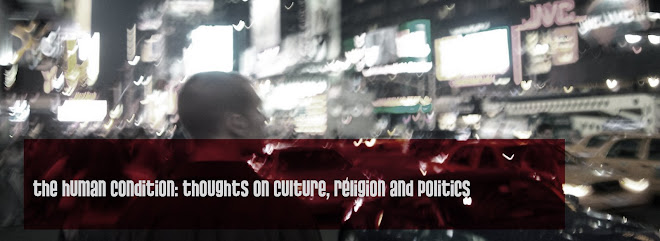I've been trying to digest this whole stimulus mess. I've gone back and forth sometimes believing that the Republicans need to keep the spending on pet Democratic programs in check, and sometimes believing that the Dems just need to go all out, and do their thing. I've been disappointed that Obama has seemed to give up on bi-partisanship, and been annoyed at the fact that the Republicans don't give a crap about bi-partisanship. But as the Senate comes to a deal on this, and as I gorge myself on opinion and analysis on this issue, my thoughts are this: Partisanship fails again.
As usual, Robert Samuelson lays it all out:
"Unfortunately, investing in tomorrow won't automatically stimulate the economy today. The $819 billion program passed by the House will only slowly provide stimulus. The Congressional Budget Office estimates that in fiscal 2009 (through this September) about 21 percent of the new spending and tax cuts will flow to the economy. For 2010, the estimate is another 44 percent. The total of 65 percent means that, by CBO's estimate, about a third of the $819 billion package would be spent after fiscal 2010."
''Or take the $39 billion in the House bill for added highway and transit construction. That's nearly double existing funding levels. When queried, state officials worried about how fast they could "adjust their contracting procedures" for such a big increase, reports CBO. As stimulus, the better course would simply be to give more money to states and localities -- and order them to spend it. Most would plug deficits, avoiding program cuts and layoffs."
"What's also sacrificed are measures that, though lacking in long-term benefits, might help the economy now. A $7,500 tax credit for any homebuyer in the next year (and not just first-time buyers, as is now in the bill) might reduce bloated housing inventories. Similarly, a temporary $1,500 credit for car or truck purchases might revive sales, which are down a third from 2007 levels. Normally, these targeted incentives would be unjustified; today, they may be necessary expedients."
"The decision by Obama and Democratic congressional leaders to load the stimulus with so many partisan projects is politically shrewd and economically suspect."
Don't get me wrong, I think some long term projects should be included, but I also think the bill is loaded with too many "partisan projects." But is Obama to blame? I would agree with Pat Buchannan who, on the Mclaughlin Group, said that Obama isn't to blame; Pelosi is. Pat also added that he believes Obama is really unhappy with the bill, but is pushing it to please his party. And while I think that some of the Republican criticisms are probably valid, all I seen from them is ideology and their same ol' solution of cutting taxes for people who aren't going to spend it. What we needed was a stimulus package that was mainly immediate stimulus. What we got is a Democratic project loaded package that did nothing but create partisan bickering. Which isn't to say that I don't believe in what much of the Dem's want to do, I do, but this wasn't the right time. I know they think it was, but their reasons for thinking that wasn't the change I, nor most Americans, voted for.

1 comment:
Obama's mistake is that he failed to dictate what he wanted in the bill from the beginning. I suspect it is because he is not to sure about what to do that will actually work, so he chose to allow Pelosi to shape the bill. He probably thought it would give him a bit of distance should the economy continue its decline. But since he decided to let Pelosi be the leader on this, he is stuck with what they give him and ultimately the response of the economy (or lack thereof) will be attributed to him.
Obama has made a huge misstep on this one. It will come back to bite him. Chalk it up to some on the job training...
Post a Comment